Research
Imaging is a cornerstone of modern medicine. The amount of imaging that is performed is growing, the number of modalities is growing, and the resolution and dimensionality of the scans is increasing. Our research focuses on creating software to let computers help physicians in the image interpretation process. Thanks to deep learning, we are increasingly able to rapidly build AI applications that rival or surpass the capabilities of human doctors. We expect this will have a profound impact on healthcare.
We have research lines in radiology that focus on chest imaging with CT and x-ray, on pelvic imaging with MRI, and on musculoskeletal imaging, in pathology that address current diagnostic processes and the development of new image-based biomarkers that predict patient outcome and therapy response. We also work in radiotherapy and ophthalmology. We have widened our focus further in the Radboud AI for Health lab that also addresses text analysis, applications in dentistry and research on implementation and validation of AI.
Infrastructure
To perform world-leading machine learning research and translate the results of our projects from the lab to the patient, we need a team of research software engineers and state-of-the-art hardware facilities. We have grouped our infrastructure and research support in the Radboud Technology Center Deep Learning, one of 19 research facilities in Radboudumc. The RTC Deep learning consists of a growing team of experts on deep learning experimentation and research software engineering that maintains our GPU compute cluster Sol, maintains and develops our biomedical software platform grand-challenge.org, and supports the Radboud AI for Health lab.
Research lines
Click on any of the cards below to learn more about the research lines in DIAG.
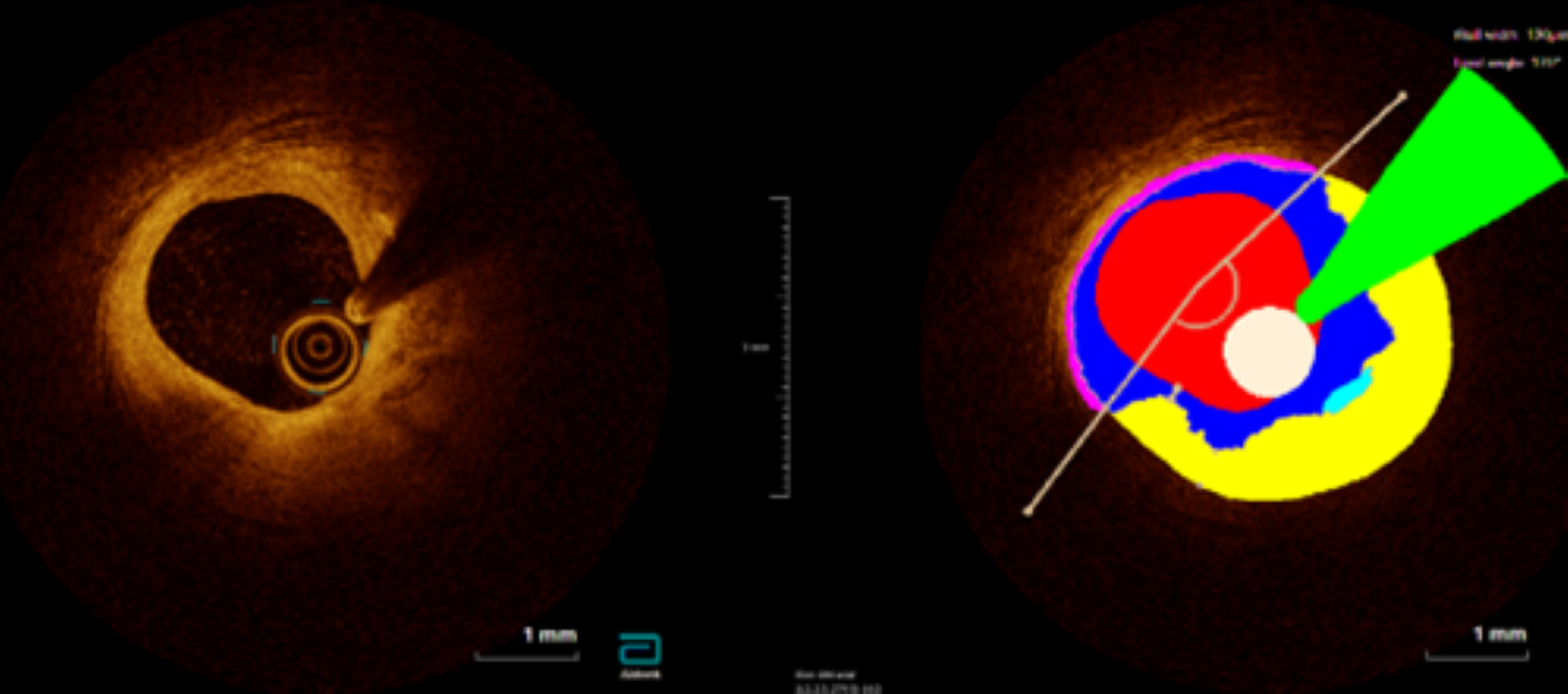
CARA Lab
Towards robust and trustworthy AI-systems for real-time analysis of optical coherence tomography (OCT) images at the cardiac catheterization lab.
Read more →
CT image analysis for COPD
Computed tomography is an important tool to assess lung damage from chronic obstructive pulmonary disease. We develop AI tools for CT in COPD.
Read more →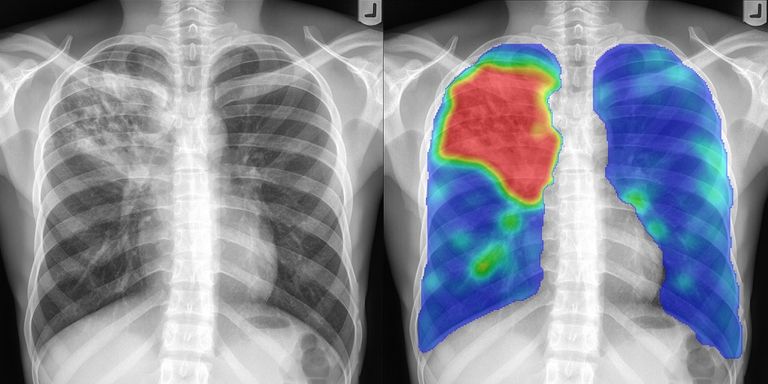
Chest x-ray analysis
Chest radiography is ubiquitous in radiology. We develop tools to interpret these exams automatically.
Read more →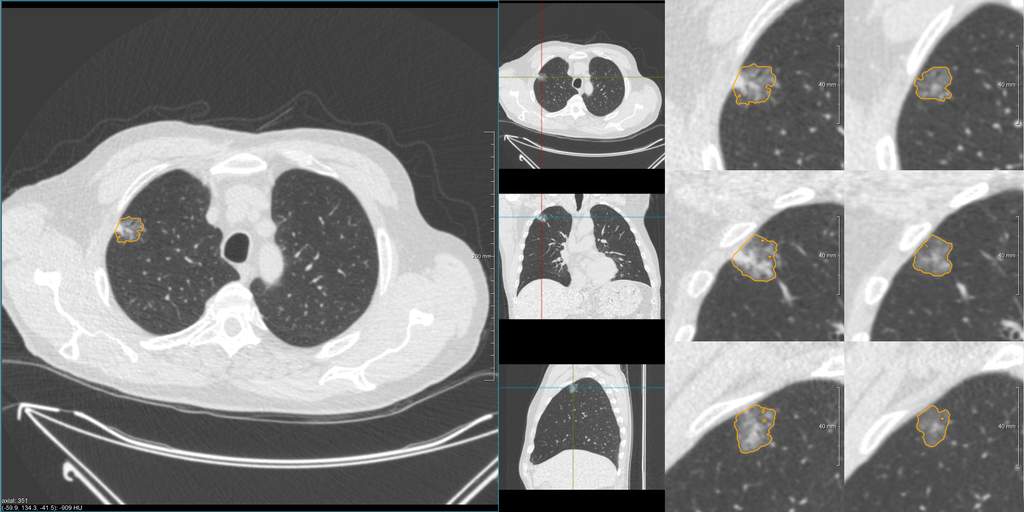
Lung cancer image analysis
Lung cancer is the most deadly cancer worldwide. We develop artificial intelligence algorithms that will help to improve lung cancer care.
Read more →
Musculoskeletal image analysis
Musculoskeletal conditions are a major cause of disability. We develop image analysis algorithms to improve diagnosis and treatment.
Read more →
Oncology
Oncology patients receive many CT scans and reporting those scans is time-consuming and difficult. We develop tools to speed up and improve this process.
Read more →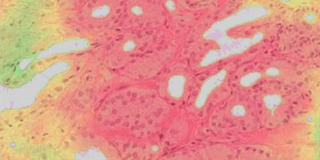
Pathology
The Computational Pathology Group develops, validates and deploys novel medical image analysis methods based on deep learning technology.
Read more →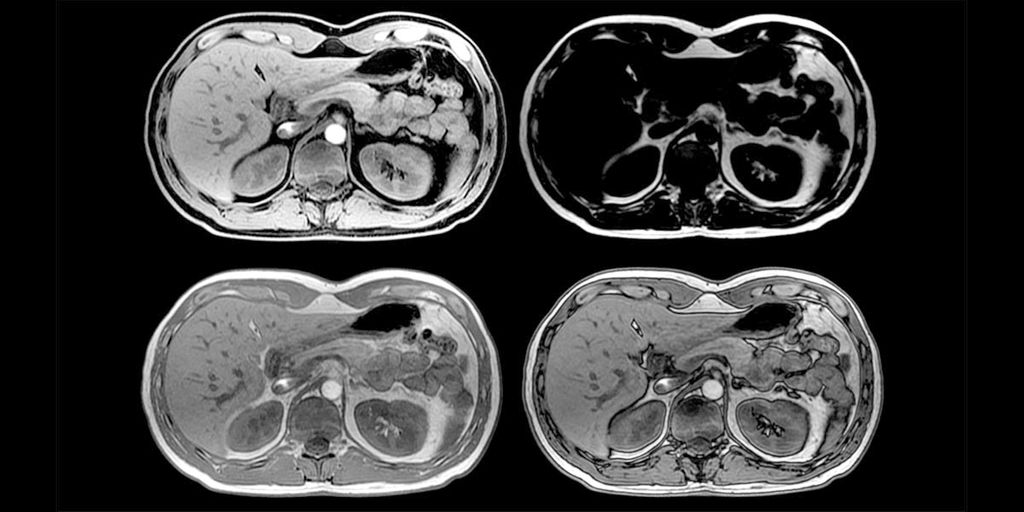
Pelvic Image Analysis
Pelvic image analysis explores the use of imaging AI to support and improve diagnosis and intervention
Read more →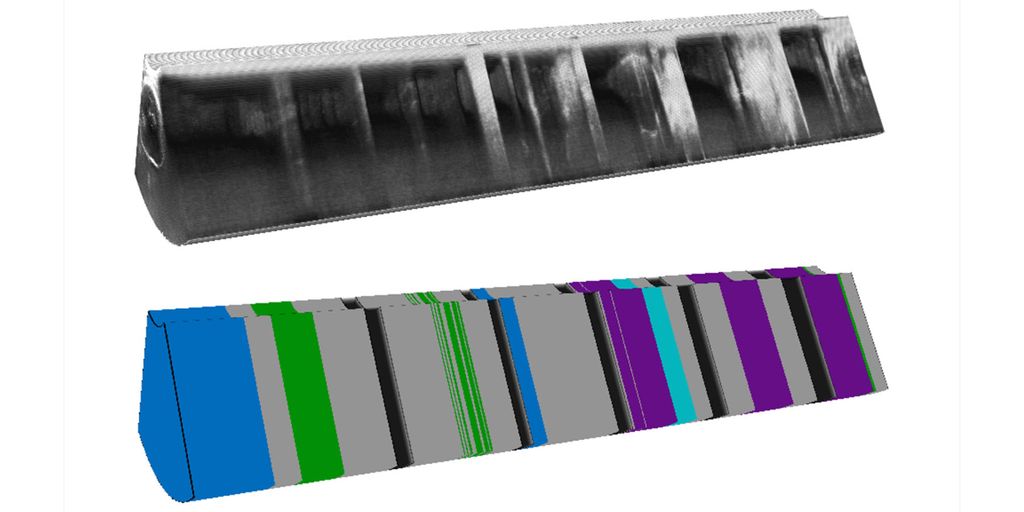
POCUS-AI
We develop real-time deep learning algorithms to use and interpret exams made with point-of-care (portable) ultrasound devices.
Read more →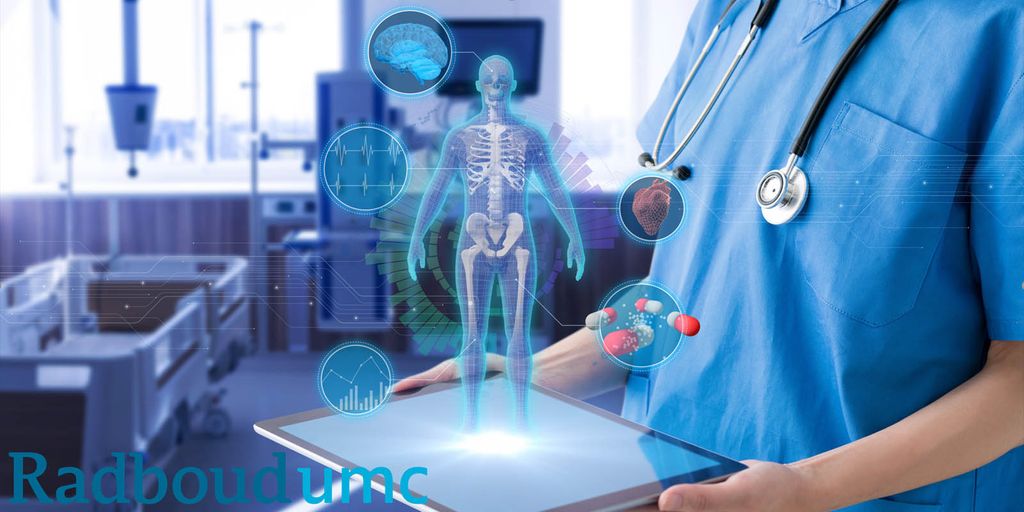
Radboud AI for Health
Radboud AI for Health develops novel artificial intelligence applications in healthcare.
Read more →